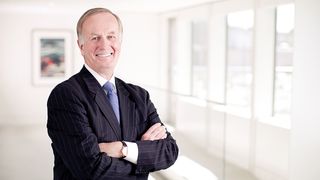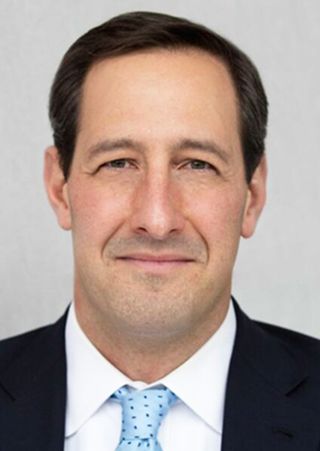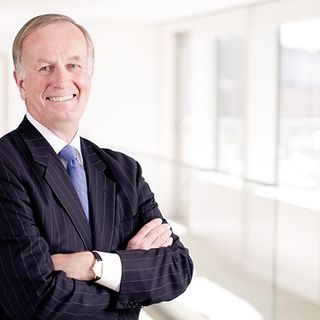The US Senate has two more sittings this week: on New Year’s Eve (US time) and on Wednesday, January 2, which is the last sitting day of the 115th Congress
In those sessions, the Senate will discuss the current partial shutdown of the US government and will process bills sent over from the House of Representatives and other legislative matters.
The Senate also has before it the nomination of Arthur Culvahouse, Jr. (or AB Culvahouse) to be the new US Ambassador to Australia. On December 13, Culvahouse was approved by the Senate Foreign Relations Committee and his nomination sent to the full Senate for approval. It now sits on what is known as the Executive Calendar, and is therefore eligible to be called up for a vote.
Although the Senate has met several times since December 13, no action has been taken on the Culvahouse nomination.
Any pending business not completed by the time the Senate adjourns on January 2 will be terminated; there is no carryover to the new Congress that begins Thursday, January 3.
It is customary on the Senate’s last sitting days for baskets of cleared, noncontroversial nominations – with the specific agreed nominees worked out by the Senate’s leaders – to be processed by unanimous consent.
“If the work has been done by the Senate Republican and Democratic leaders, together with the bipartisan leaders of the Senate Foreign Relations Committee, so that the Culvahouse nomination is given priority now as the Senate concludes its business, there is a good chance we will have a new US Ambassador to Australia confirmed by Wednesday,” said Visiting Fellow Bruce Wolpe.
“However, if the Senate fails to act, the whole process will have to begin again in the new Congress that convenes Thursday: Culvahouse nominated again by the president to the Senate, and new hearings in the Senate Foreign Relations Committee, and ultimately a vote on the Senate floor at some point later this year.”
At a functional level, the alliance continues to work just fine, but the sooner this happens the better.
Senior Fellow Charles Edel said Culvahouse’s background, knowledge of government, and broad bipartisan appeal make him a superb candidate and one likely to hit the ground running.
"As someone with extensive experience in both the private sector and in national security, he should be able to help advance Australian-American cooperation across both the economic and security sectors," Edel said.
"During a government shutdown, ambassadorial nominations are probably not the highest priority of the US Congress. At a functional level, the alliance continues to work just fine, but the sooner this happens the better — especially at a time when there are so many important issues of collective concern that our two countries face as allies."
MEDIA CONTACT:
Drew Sheldrick
P: (02) 9114 2622
E: drew.sheldrick@sydney.edu.au








